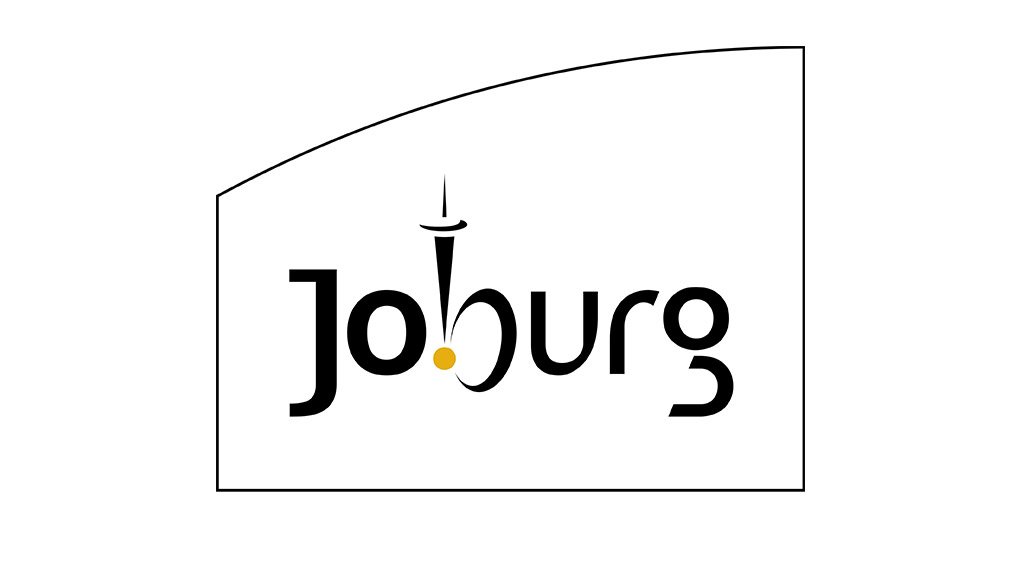/ MEDIA STATEMENT / The content on this page is not written by Polity.org.za, but is supplied by third parties. This content does not constitute news reporting by Polity.org.za.
Over 100 organisations, 20 schools and youth associations will clean 39 identified locations in the City of Johannesburg as part of World Clean-up Day on Saturday, 16 September 2023.
World Clean-up Day is a global event where communities, NGOs, schools, municipalities, religious institutions and just about everyone who is conscious of the effects of dumping, spillages, grime and pollution of the environment makes a tremendous effort to clean up streets, parks, rivers, beaches and places where litter occurs.
Over 3 000 volunteers armed with cleaning equipment and protective gear will be deployed between Diepsloot in the north and Soweto in the south and from Alberts Farm in the west to Bruma Park in the east to remove 6 000 bags of waste from the banks and catchment areas of the city’s river network.
Johannesburg City Parks and Zoo (JCPZ) has not let the waste pile up under its feet and has already cleared a park and water course near Paulshof. It is also joining Johannesburg Roads Agency (JRA) along the M1 and M2 Highway to clean the stretch between Auckland Park and Sandton.
Residents are being encouraged to sweep, remove rubble and weeds in front of their property. Importantly trees and plants on the pavements should not be removed or cut down because they clean the air around us. Joburg has planted over a million trees throughout the city over the years.
In the inner city, littering appears to be an insurmountable problem. It remains a visual eyesore, filthy, smelly with rubbish strewn in the streets. It costs Pikitup millions of rand annually to constantly clean up after everyone, which literally translates into a waste of resources. On Saturday this can change dramatically when city residents and businesses clean up the surrounds where they live and work.
Coupled to cleaning, recycling is one of the most important actions Joburgers can take to protect the planet and reduce their environmental impact. Recycling helps conserve natural resources, save energy, reduce greenhouse gas emissions and importantly create jobs. Recycling also reduces the amount of waste that ends up in city landfills.
According to the World Economic Forum, globally we produce about 400 million tons of plastic waste yearly. Plastic bottles take upwards of 450 years to degrade. In South Africa, only 10% of waste was recycled in 2011, and less than 40% of the materials were recycled as of 2019. These numbers show how much room there is for improvement in recycling practices and policies.
Here are some simple tips to follow:
- Flatten cardboard boxes so that you can fit more recyclables into your bin.
- All plastic bottles can be recycled, from water bottles to salad dressing, so put all of them in your recycling container.
- Make sure your items are clean, empty, and dry—food containers should be free of grease and clean enough to use again.
- Check the labels on your products for recycling instructions and symbols. Some products may have different components that need to be separated or disposed of differently.
Recycling is a simple way to make a difference in the world. By recycling, we can show our respect for nature and our responsibility for the future.
Residents and businesses can live these messages: Let’s recycle more and waste less.
Let’s make recycling a habit and a lifestyle.
Get paid, take your waste to a recycling site.
Ignite your spark for cleanliness and explode into changing behaviour patterns.
Littering is not good for tourism and investment.
Issued by City of Johannesburg
EMAIL THIS ARTICLE SAVE THIS ARTICLE ARTICLE ENQUIRY
To subscribe email subscriptions@creamermedia.co.za or click here
To advertise email advertising@creamermedia.co.za or click here











